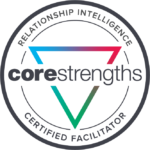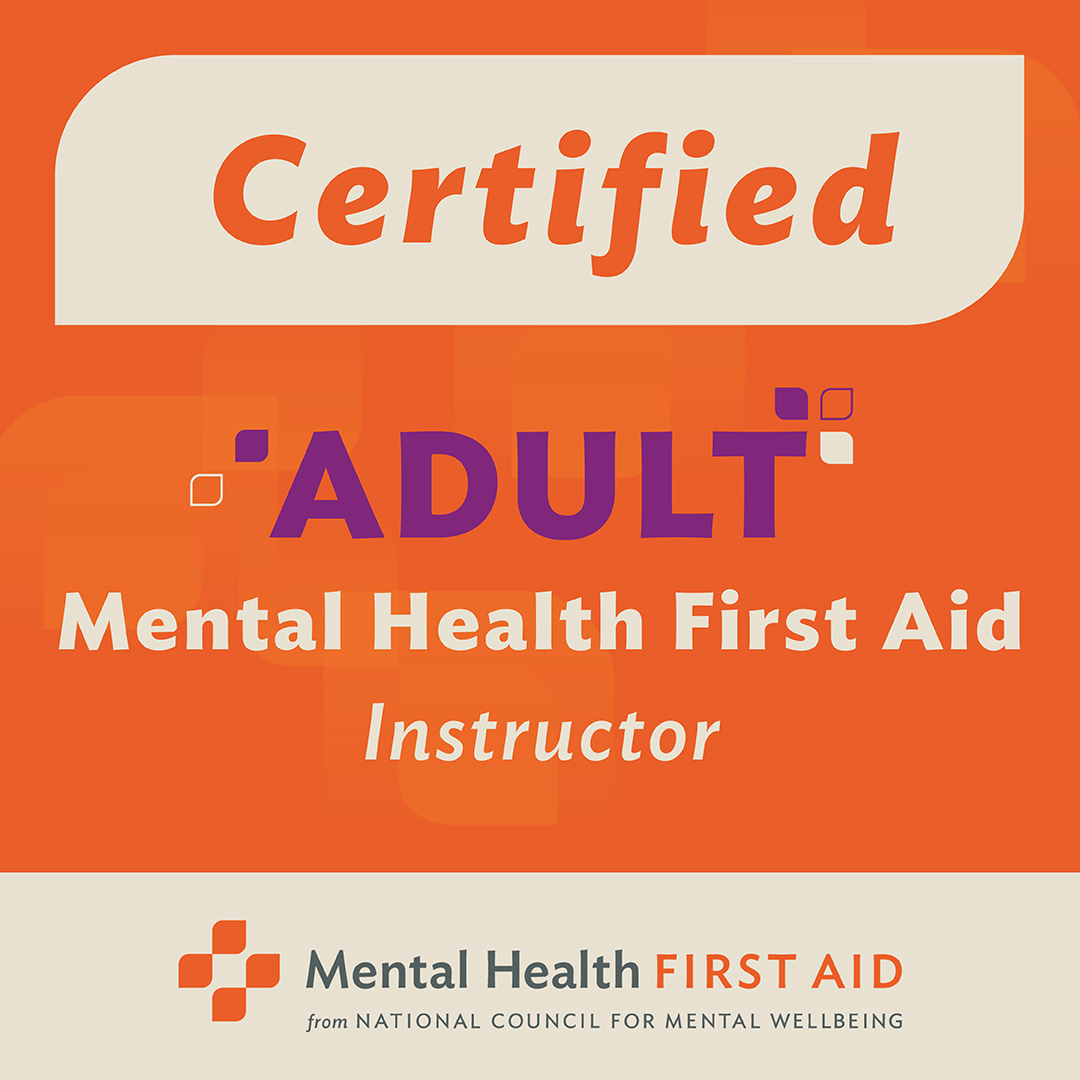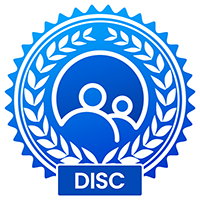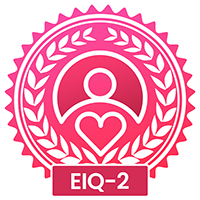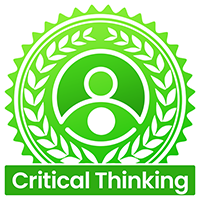The coping skills we learn when we’re young are the skills we carry with us through life.
Developing good emotional coping skills is crucial for teenagers as it lays the foundation for their mental health and overall well-being throughout life. Adolescence is a period marked by significant physical, emotional, and social changes, which can be overwhelming and stressful. Effective coping skills enable teens to navigate these challenges in a healthy manner, reducing the risk of developing anxiety, depression, and other mental health issues. Moreover, these skills foster resilience, allowing teens to bounce back from setbacks and handle future adversities more adeptly.
By learning to manage their emotions constructively, teens also improve their relationships with peers and family, enhance their academic performance, and build a positive self-image, all of which are essential for their success and happiness as they transition into adulthood.
Below is a brief overview of some of the available Workshops offered for teens. Please contact me and we can review the programs in detail.
What’s my Superpower?
For teenagers, identifying their strengths and skills and leaning into authenticity is vital for personal growth and self-confidence. Recognizing what they are good at helps teens build a strong sense of self-worth and direction, guiding their choices in academics, hobbies, and future careers. Embracing authenticity allows them to be true to themselves, fostering genuine relationships and a deeper understanding of their values and passions. This alignment between their abilities and true selves not only enhances their resilience and motivation but also cultivates a fulfilling and purposeful life, paving the way for their success and well-being as they mature.


Choose your attitude.
For teenagers, choosing their attitude and consistently showing up as their best self are powerful practices that shape their personal and social lives. By consciously selecting a positive and proactive mindset, teens can navigate challenges with greater resilience and optimism. This attitude influences their interactions, helping them build stronger, more supportive relationships with peers, teachers, and family. When teens commit to presenting their best selves, they demonstrate responsibility, integrity, and dedication, which not only earns them respect and trust from others but also boosts their self-esteem and sense of accomplishment. This approach lays a solid foundation for personal growth and success, empowering teens to thrive in various aspects of their lives.
It’s all a Balancing Act.
Creating balance through effective time management and goal setting is essential for teenagers striving to juggle school, extracurricular activities, and personal interests. By prioritizing tasks and setting clear, achievable goals, teens can allocate their time wisely, ensuring they meet academic responsibilities while also enjoying hobbies and socializing. This balance prevents burnout and stress, fostering a healthier, more fulfilling lifestyle. Learning these skills early on not only enhances productivity and academic performance but also equips teens with the tools to handle future challenges with confidence and efficiency, paving the way for long-term success and well-being.


Can you hear me?
Effective communication is a crucial skill for teenagers as it enhances their ability to express thoughts, feelings, and ideas clearly and confidently. By mastering active listening and articulating their perspectives respectfully, teens can build stronger, more meaningful relationships with peers, family, and teachers. This skill helps in resolving conflicts, collaborating on projects, and advocating for themselves in various situations. Additionally, effective communication fosters empathy and understanding, making it easier to navigate the social complexities of adolescence. Cultivating this ability not only boosts their social and academic success but also prepares them for future personal and professional interactions.
Is it me?
Building healthy relationships and creating a supportive tribe are essential for teenagers as they navigate the complexities of adolescence. Surrounding themselves with friends and mentors who uplift and encourage them can significantly enhance their emotional well-being and resilience. These positive connections provide a safe space for sharing experiences, seeking advice, and finding comfort during challenging times. Healthy relationships are built on mutual respect, trust, and effective communication, fostering a sense of belonging and self-worth. By prioritizing quality over quantity in their social circles, teens can cultivate a network that not only supports their growth and aspirations but also enriches their life with meaningful and enduring bonds.


I feel you.
Developing empathy and emotional intelligence is vital for teenagers as it enhances their ability to understand and connect with others. Empathy allows teens to put themselves in others' shoes, fostering compassion and reducing conflicts. Emotional intelligence helps them recognize and manage their own emotions, leading to better self-control and decision-making. Together, these skills improve communication and relationship-building, making interactions more meaningful and supportive. By cultivating empathy and emotional intelligence, teens can navigate social complexities with greater ease and build a more inclusive and understanding community around them, setting the stage for personal and social success.
I am an Imposter.
Imposter syndrome, the feeling of inadequacy despite evident success, is a common challenge for teenagers. During a time when they are forming their identities and striving to meet academic and social expectations, many teens may doubt their abilities and fear being exposed as "frauds." This can lead to anxiety, stress, and a reluctance to pursue new opportunities. Addressing imposter syndrome involves recognizing and challenging these negative thoughts, celebrating achievements, and seeking support from trusted friends, family, or mentors. By developing a healthy self-awareness and confidence in their skills, teens can overcome imposter syndrome and fully embrace their potential.






